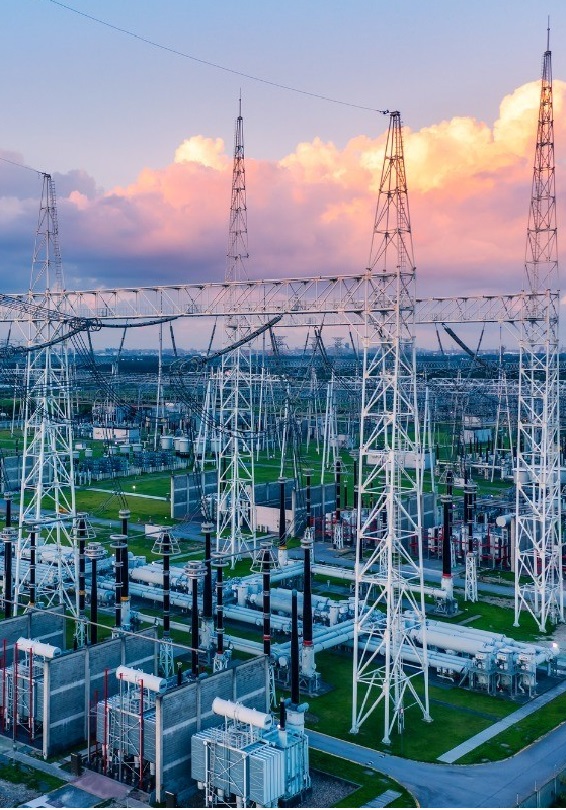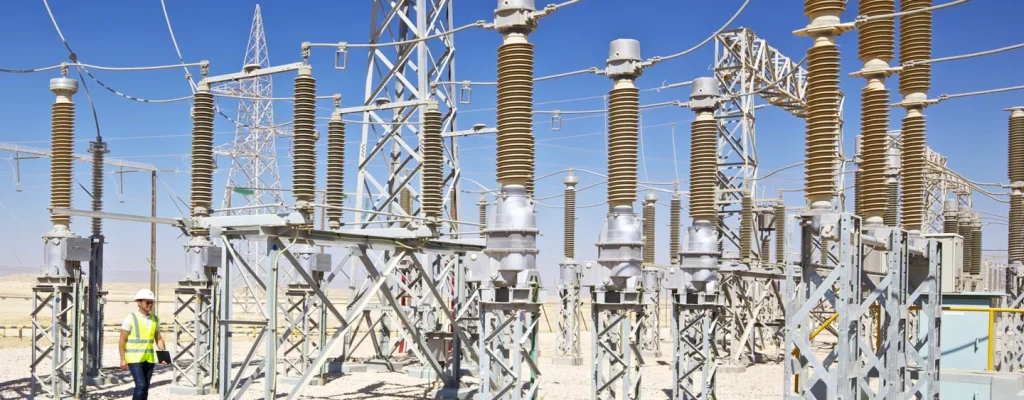
Future Smart Grids

As the world becomes increasingly reliant on electricity, the need for a more efficient and sustainable electricity grid has become more important than ever before. A smart grid is an advanced electricity distribution network that incorporates modern technologies such as sensors, communication systems, and advanced analytics to better manage the generation, distribution, and consumption of electricity. This note will discuss the basics of smart grids, the benefits they offer, the challenges associated with their deployment, and the future of smart grids.
What is a Smart Grid?
A smart grid is an electricity distribution network that uses advanced technologies to monitor and control the flow of electricity from power plants to consumers. A smart grid is an advanced electricity distribution network that uses digital communication and sensing technologies to better manage the generation, distribution, and consumption of electricity. Smart grids are designed to be more flexible, resilient, and efficient than traditional electricity grids, allowing for better integration of renewable energy sources, reduced greenhouse gas emissions, and improved reliability and security.
The traditional electricity grid is designed to move electricity in one direction, from large centralized power plants to consumers. In contrast, a smart grid allows for two-way communication and power flow, allowing for greater efficiency, reliability, and sustainability.
Components of a Smart Grid
- Smart Meters: Smart meters are electronic devices that measure the amount of electricity used by a consumer and transmit that data back to the utility company. This data allows for more accurate billing and better management of energy consumption.
- Sensors: Sensors are used to monitor the performance of the grid and detect any issues before they become major problems. For example, sensors can detect power outages and notify utility companies immediately, allowing for a faster response time.
- Communication Systems: Communication systems are used to connect the different components of the grid and allow for real-time monitoring and control of the grid.
- Advanced Analytics: Advanced analytics are used to analyze the vast amounts of data generated by the smart grid and provide insights that can be used to optimize the performance of the grid.
Benefits of Smart Grids

- Increased Efficiency: Smart grids allow for more efficient use of electricity by reducing waste and minimizing losses during transmission and distribution.
- . Improved Reliability: Smart grids are designed to be more resilient and less prone to power outages. They also allow for faster detection and resolution of issues when they do occur.
- Enhanced Sustainability: Smart grids allow for greater integration of renewable energy sources such as solar and wind power, reducing the reliance on fossil fuels and decreasing greenhouse gas emissions.
- Cost Savings: Smart grids can help to reduce energy bills for consumers by optimizing energy usage and reducing waste.
Challenges of Smart Grids
- Cost: Smart grids require significant investment in infrastructure and technology, which can be a major barrier to deployment.
- Cybersecurity: The increased use of digital technology in the smart grid increases the risk of cyber-attacks, which can pose a significant threat to the reliability and security of the grid.
- Interoperability: The various components of the smart grid must be able to communicate with each other seamlessly to ensure the efficient and reliable operation of the grid.
- Privacy Concerns: The use of smart meters and other technologies in the smart grid raises concerns about the privacy of consumer data and the potential for misuse of that data.
Future of Smart Grids

Despite the challenges associated with the deployment of smart grids, the future looks bright for this advanced electricity distribution network. Governments and utility companies around the world are investing in smart grid technology to improve the efficiency, reliability, and sustainability of their electricity grids. The ongoing development of new technologies, such as artificial intelligence and blockchain, is also expected to further enhance the capabilities of smart grids.
Smart grids represent a major step forward in the evolution of electricity distribution networks. By incorporating advanced technologies such as sensors, communication systems, and advanced analytics, smart grids offer a range of benefits, including increased efficiency, improved reliability, enhanced sustainability, and cost savings. However, the deployment of smart grids is not without its challenges, including cost, cybersecurity, interoperability, and privacy concerns. Nonetheless
As the world becomes increasingly reliant on electricity, the need for a more efficient and sustainable electricity grid has become more important than ever before. A smart grid is an advanced electricity distribution network that incorporates modern technologies such as sensors, communication systems, and advanced analytics to better manage the generation, distribution, and consumption of…
